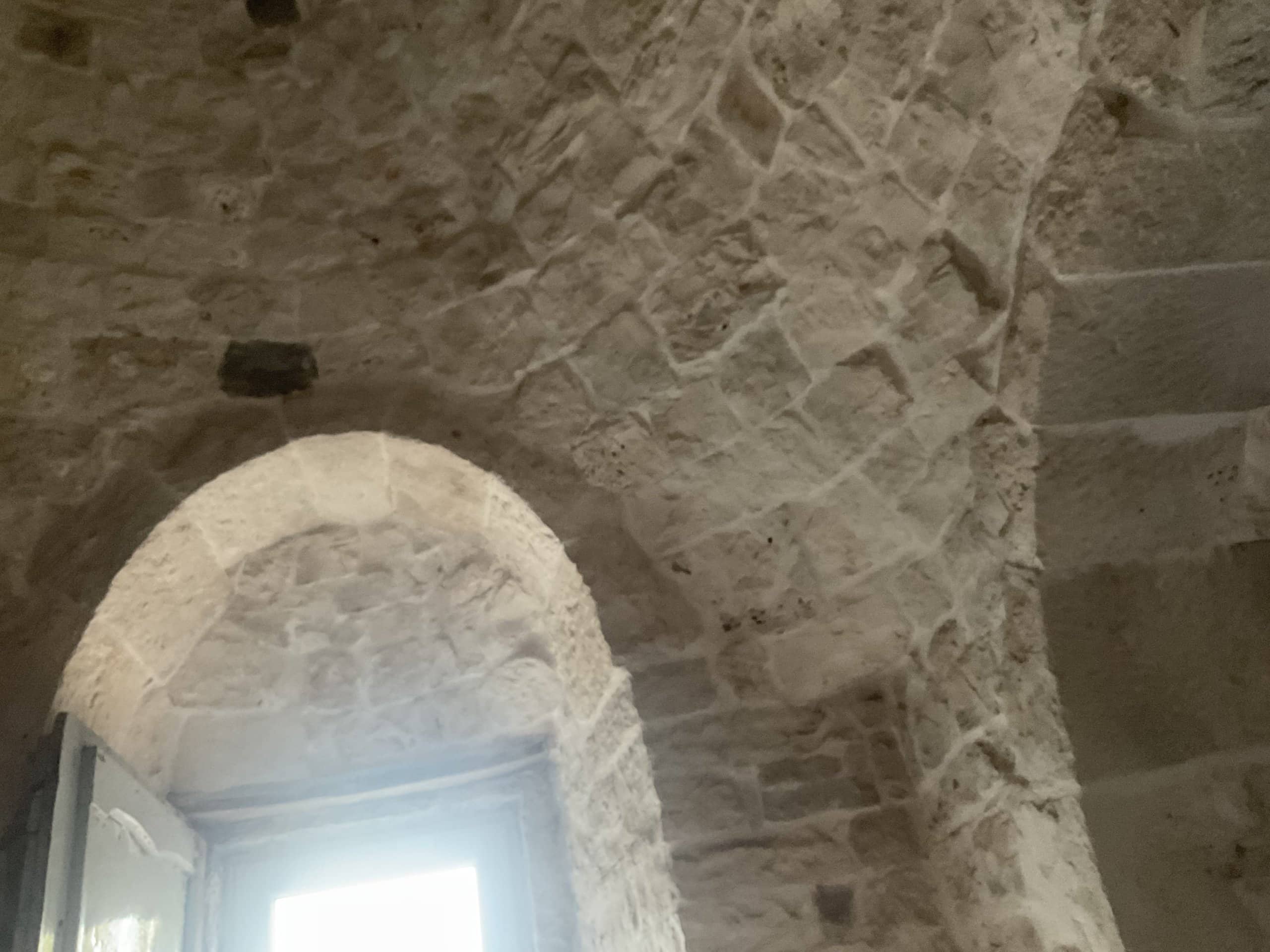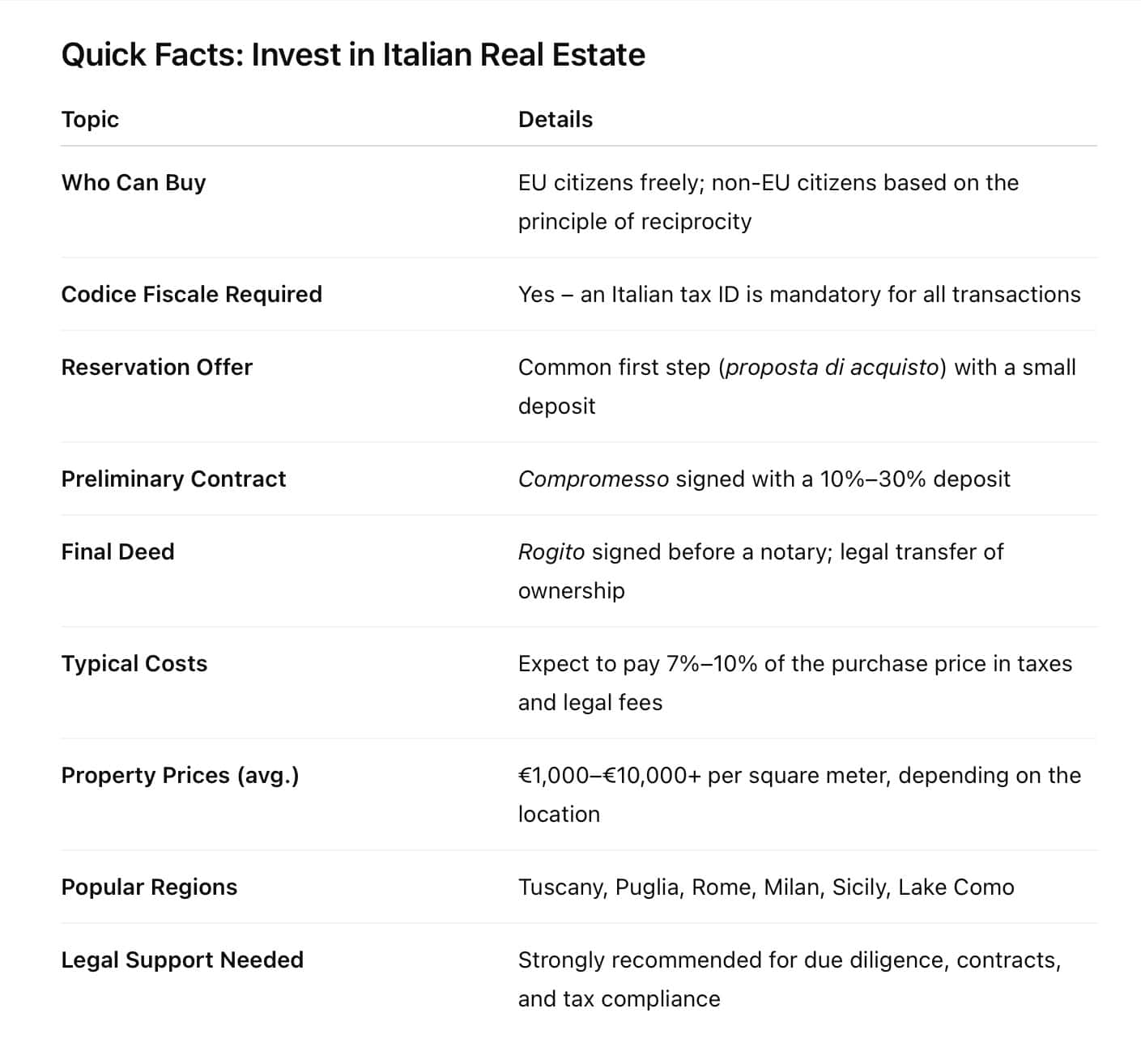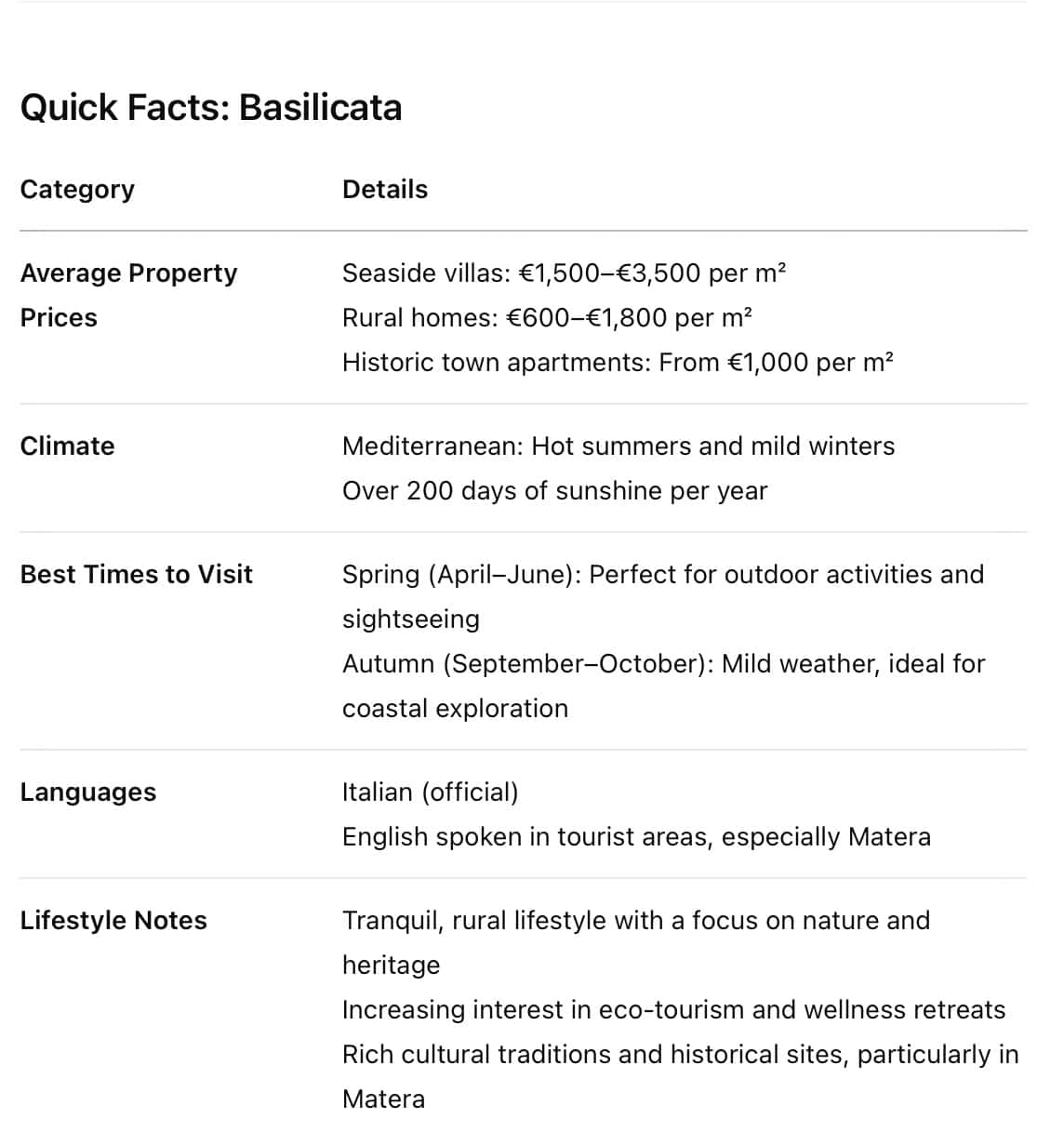Renovating an Italian Property
Renovating an Italian property can be a dream come true, offering the opportunity to own a piece of history in one of the most beautiful countries in the world. However, turning that rustic farmhouse or historic villa into your ideal Italian retreat involves more than bricks and mortar – it requires navigating Italy’s complex legal and bureaucratic landscape.
Whether you’re a foreign investor or a retiree seeking la dolce vita, understanding the legal requirements before embarking on renovations is crucial. Here’s what you need to know – and why consulting experts like De Tullio Law Firm can save you time, money and stress.
To discuss your situation and eligibility, get in touch for a free consultation, or click here to get all our FREE guides for foreigners planning to renoveting, buy, sell or live in Italy.
Understand Property Title and Ownership before Buying
Before purchasing a property for renovation in Italy, it’s essential to verify that the seller has clear legal title. This means:
- No outstanding debts or mortgages
- No co-owners or inheritance disputes
- Proper registration in the Land Registry (Catasto)
Failure to verify ownership can result in significant delays or even the invalidation of your purchase. De Tullio Law Firm, with decades of experience in Italian property law, can conduct thorough due diligence to protect your investment.
Renovating an Italian Property: Planning Permissions and Building Regulations
Renovation projects often require planning permission from the local municipality (Comune). Depending on the scope of your renovation, you may need:
- CILA (Comunicazione Inizio Lavori Asseverata) for minor works.
- SCIA (Segnalazione Certificata di Inizio Attività) for more substantial changes.
- Building Permit (Permesso di Costruire) for structural work or major alterations.
Attempting work without the proper approvals can lead to heavy fines or demolition orders. Italian regulations are notoriously strict, especially for properties in historical zones or under heritage protection.
Dealing with Historic or Protected Properties
Many rural or older Italian properties fall under cultural heritage protection laws. If your property is classified as a historic building or located in a landscape-protected zone:
You’ll need approval from the Superintendency of Cultural Heritage (Soprintendenza)
Restrictions may apply to materials, color schemes, and architectural features
Legal experts like De Tullio Law Firm are essential in liaising with local authorities and heritage bodies to ensure your renovation is both compliant and respectful of Italian cultural norms.

When Renovating an Italian Property, Always Hire Licensed Professionals
Under Italian law, all building work must be overseen by licensed professionals:
- Geometra: A surveyor responsible for project planning and documentation.
- Architect or Engineer: For structural changes or major renovations.
- Construction Company: Must be registered and insured.
Your professionals must also file the correct documentation and notify the local tax office and building authority before work begins.
Tax Incentives and Renovation Bonuses
Italy offers several financial incentives for restoring properties, including:
– Bonus Ristrutturazioni (50% tax deduction on home improvements).
– Ecobonus and Sismabonus (for energy efficiency and seismic upgrades).
Each bonus has specific eligibility criteria and documentation requirements. A legal advisor like De Tullio Law Firm can guide you in claiming these incentives while staying compliant with tax regulations.
Contractual Protections and Dispute Resolution when Renovating an Italian Property
Renovation disputes with contractors are not uncommon. To protect yourself:
- Always sign a written contract outlining scope, timeline and penalties.
- Ensure your contractors have liability insurance.
- Include a dispute resolution clause to handle disagreements
Having your contracts drafted or carefully reviewed by a legal expert will help avoid future legal challenges.
Why Choose De Tullio Law Firm to Help with Renovating A Property in Italy?
When it comes to managing the legal complexities of renovating a property in Italy, choosing the right legal partner is paramount. De Tullio Law Firm is one of Italy’s most trusted and established names in property law, with over 60 years of experience guiding international clients through the intricacies of Italian legal processes.
Our Areas of Expertise:
We offer a comprehensive range of legal services tailored specifically to the needs of foreign property buyers, including:
Property Purchase and Renovation
From conducting due diligence before you buy, to handling planning permissions and contractor agreements during renovation, we ensure that every step of your property investment complies fully with Italian law.
Cross-Border Legal Matters
Buying and renovating property in a foreign country involves understanding not only local regulations but also how they intersect with international legal frameworks. Our cross-border legal expertise ensures seamless coordination between jurisdictions.
Inheritance and Succession Law
Italian inheritance laws can be particularly complex, especially for non-residents. Whether you’re planning ahead or managing an estate, we provide strategic advice to protect your family’s future and ensure smooth succession.
Personalized Legal Support – Wherever You Are
One of the key advantages of working with De Tullio Law Firm is our Power of Attorney (Procura Speciale) service. This allows clients to legally authorize us to act on their behalf in Italy – even if they remain in their home country throughout the entire process. From signing contracts and submitting applications to dealing with local authorities and notaries, we can manage the entire legal process for you.
This is particularly beneficial for international clients who cannot be physically present in Italy for every bureaucratic step. It provides a level of flexibility and peace of mind that few law firms can offer.
Why International Clients Trust Us
With a dedicated team of bilingual lawyers and deep local knowledge, we bridge the cultural and linguistic gaps that often cause confusion or delays in international property transactions. Our approach is personal, proactive, and transparent—qualities that have earned us a reputation for excellence among clients around the world.
Moreover, our long-standing relationships with Italian municipalities, notaries, surveyors, and heritage authorities enable us to move projects forward efficiently, avoiding common pitfalls that could stall your renovation or increase costs.
In short, whether you’re restoring a centuries-old farmhouse, updating a coastal villa, or modernizing an apartment in a historic city center, De Tullio Law Firm offers the legal clarity, local insight and hands-on support you need to make your Italian renovation project a success – without the stress.
Finally …
Renovating an Italian property can be a richly rewarding experience – but only if approached with due diligence and legal foresight. From verifying ownership to securing planning permissions and navigating tax incentives, every step must be legally compliant.
Partnering with experts like De Tullio Law Firm gives you peace of mind. In addition, it will ensure your dream home doesn’t become a legal nightmare. Before you lift a hammer, talk to us. Get in touch for a free consultation.





